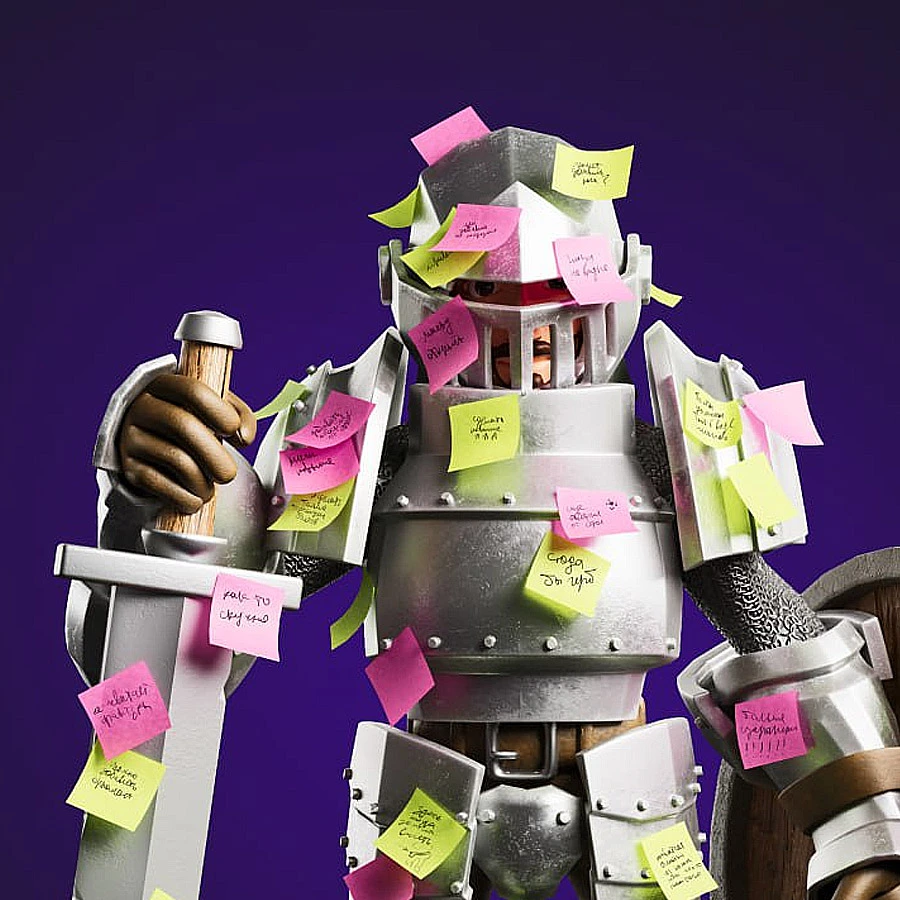In today’s world, stress resilience is not just a skill—it’s a superpower. Employers value it, people admire it, and most importantly, it helps you live more effectively and with less emotional pain. But how do you develop it, and what does it really mean?
What Is Stress Resilience?
Stress resilience is the ability to quickly move to acceptance and problem-solving, skipping the stages that drain time and energy: denial, anger, bargaining, and depression. Let’s break them down:
-
Denial. "This can’t be happening—it must be a mistake!" The first reaction to bad news. The key is to quickly verify the facts: does the problem really exist, or is it just a misperception? If it’s real, move to the next step. Staying here only wastes time.
-
Anger. "Why me?! Who’s to blame?!" Anger rarely solves meaningful problems. The best strategy is to cultivate calmness and a healthy dose of indifference. Sometimes, simply "letting go" is the most effective way to protect your peace of mind.
-
Bargaining. "Maybe I can find a way out? Let’s negotiate!" This requires a realistic assessment of your capabilities and the laws of nature. If a problem is fundamentally unsolvable, accept it and start living with it as it is, instead of wasting energy on futile attempts to change the impossible.
-
Depression. "I’m a failure—I couldn’t fix it again…" The flip side of bargaining. The key here is to realize that in life, things don’t work out more often than they do. And that’s okay.
How to Develop Stress Resilience?
-
Experience is the best teacher. The most resilient person is the one who has faced difficult situations and learned that they aren’t fatal. In 99% of cases, what seems like a disaster is just another lesson.
-
Understanding reality. Knowing how the world works helps you assess risks without panic. Most troubles aren’t global threats—they’re just painful reminders of our human limitations.
-
Calmness and indifference. Someone who knows how to simply keep going, instead of fighting circumstances or complaining about them, is already ahead of the game.
Stress resilience isn’t about suppressing emotions; it’s about realizing that most problems don’t deserve your nerves. As the saying goes, we’re all just humans with a finite shelf life, chasing status and pleasures. And if you stop taking this too seriously, life becomes easier.
So, if you want to boost this skill, start small: learn to let go, act decisively, and most importantly, keep a cool head. After all, that’s what really makes the difference.


















